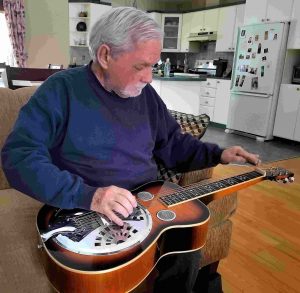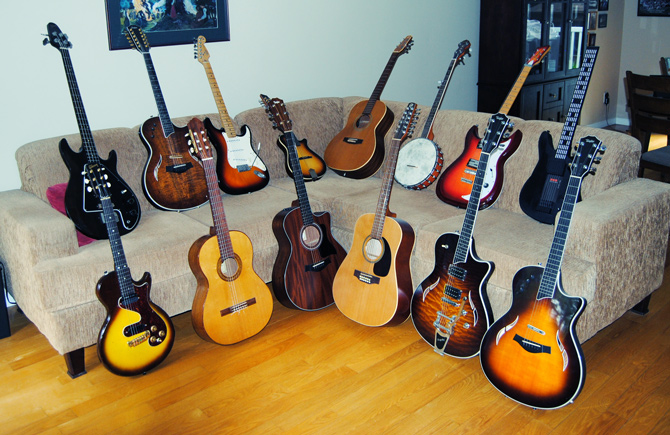Welch’s compositions incorporate elements of various American music styles, including country, folk, bluegrass, R&B and blues, resulting in a distinctive acoustic roots-oriented sound that is apart from the genres upon which they may be drawn.
Welch was born on October 2, 1967, in New York City, and was adopted by Mitzie Welch (née Marilyn Cottle) and Ken Welch, comedy and music entertainers. After graduating from UC Santa Cruz, Welch attended the Berklee College of Musicians in Boston where she majored in songwriting. During her two years at Berklee, Welch met her musical partner David Rawlings at a successful audition for Berklee’s country band. Moving to Nashville, the duo realized that their voices harmonized well and they started to performing locally. They never considered using a working name, so they were simply billed as “Gillian Welch.” A year after moving to Nashville, Welch found a manager, Denise Stiff, who ignored frequent advice that Welch should stop playing with Rawlings and join a band. They eventually signed a recording contract and producer T-Bone Burnett expressed interest in recording them. Burnett did not plan to disturb Welch’s and Rawlings’ preference for minimal instrumentation, and Welch agreed to take him on as a producer. The resulting recordings have met with universal acclaim.
Welch emphasizes music from a previous era as her major influence. She said that “by and large I listen to people who are dead. I’m really of the tried-and-true school. I let 50 years go by and see what’s really relevant.” Welch has acknowledged inspiration from several traditional country artists, including the Stanley Brothers, the Carter Family, the Louvin Brothers, and the Blue Sky Boys. She explained her relationship with traditional music by saying, “I’ve never tried to be traditional. It’s been a springboard for me and I love it and revere it and would not be doing what I do without the music of the Monroe Brothers, the Stanley Brothers and the Carter Family. However, it was clear I was never going to be able to do exactly that.”Many thanks to my old friend Tom Butterworth for the loan of his dobro. A dobro has strings high off the neck and is designed to rest on your lap and be played overhand with a steel bar.
Richard Séguin – voice, acoustic guitars, mandolin, dobro.
To hear the song, click on the title below.
Copyright Disclaimer under Section 107 of the Copyright Act 1976 : allowance is made for « fair use » for purposes such as criticism, comment, news reporting, teaching, scholarship, education and research.


